Introduction
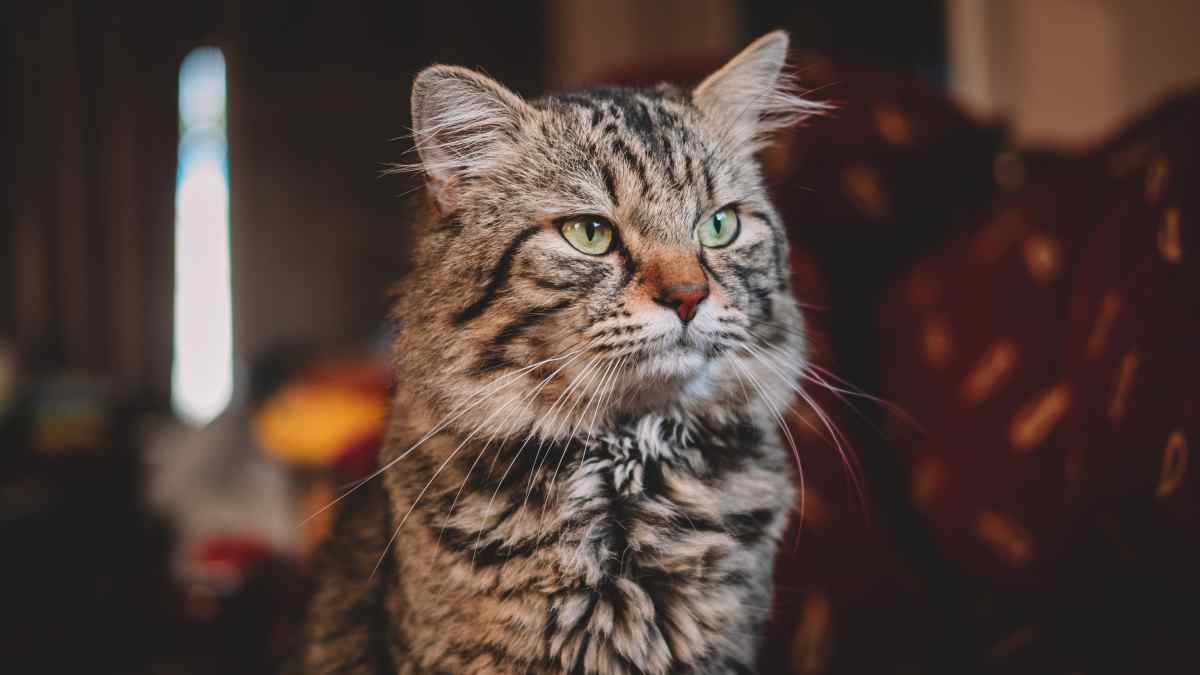
Introduction:
Detecting cat illness early is crucial for their well-being and overall health. Being observant of any changes in your cat's behavior or physical appearance can help you identify potential health issues before they become serious. By seeking prompt veterinary care, you can prevent complications and ensure a better prognosis for your furry friend.
In this article, we will discuss common signs and symptoms that should not be ignored when it comes to cat illnesses. By understanding these warning signs, you can provide timely medical intervention and help your cat lead a healthier and happier life.
Remember, regular vet check-ups combined with your vigilance as a pet parent are key to combating feline illnesses effectively. Let's learn about the specific symptoms indicative of various health problems in cats and how to address them promptly.
Importance of early detection in cat illnesses
Early detection of cat illnesses is crucial for their well-being and overall health. By identifying symptoms and seeking prompt veterinary care, pet owners can prevent potential complications and ensure a better prognosis for their feline companions.
Detecting illnesses in their early stages increases the chances of successful treatment and reduces the risk of long-term or chronic conditions. It allows veterinarians to intervene before the illness progresses, potentially saving the cat from unnecessary pain, discomfort, and even life-threatening situations.
Regular check-ups combined with vigilant observation of any changes in behavior or physical appearance play a vital role in early detection. As responsible pet parents, being proactive in recognizing signs of illness allows us to provide timely medical intervention, giving our cats the best chance at a healthier and happier life.
Common signs and symptoms to look out for
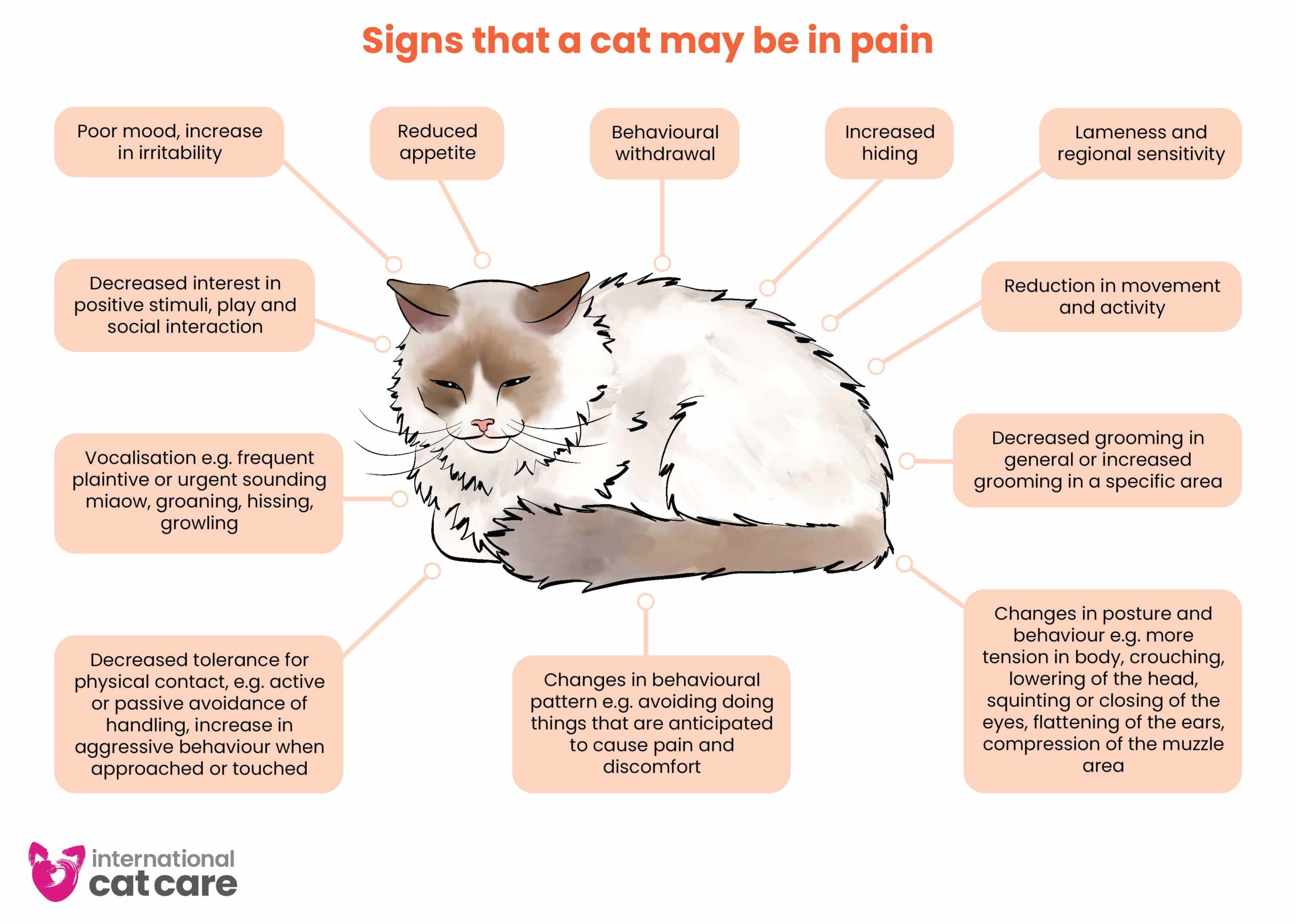
When it comes to detecting cat illnesses early, being aware of common signs and symptoms is crucial. Watch out for respiratory problems such as coughing and wheezing, which can indicate issues like asthma or respiratory infections. Keep an eye on any nasal discharge or persistent sneezing, as this could be a sign of allergies or upper respiratory tract infections.
Digestive issues like frequent vomiting or diarrhea should also be noted, as they can point to various conditions including gastrointestinal infections or food sensitivities. Be alert if your cat experiences sudden weight loss or a loss of appetite, as these may indicate underlying health problems.
Urinary tract problems can manifest through symptoms such as increased frequency of urination, straining in the litter box, blood in the urine, or urinary accidents outside the litter box. These could signal urinary tract infections or even more serious conditions like urinary blockages.
Behavioral changes in cats should not be ignored either. If your usually active and playful cat becomes lethargic and sleeps excessively, it may be a sign of illness. Additionally, monitor for any aggression or sudden inappropriate elimination, which could be indicative of stress or underlying medical issues.
By familiarizing yourself with these common symptoms and promptly seeking veterinary care when necessary, you can contribute to the early detection and treatment of potential illnesses in your feline friend.
Respiratory Problems
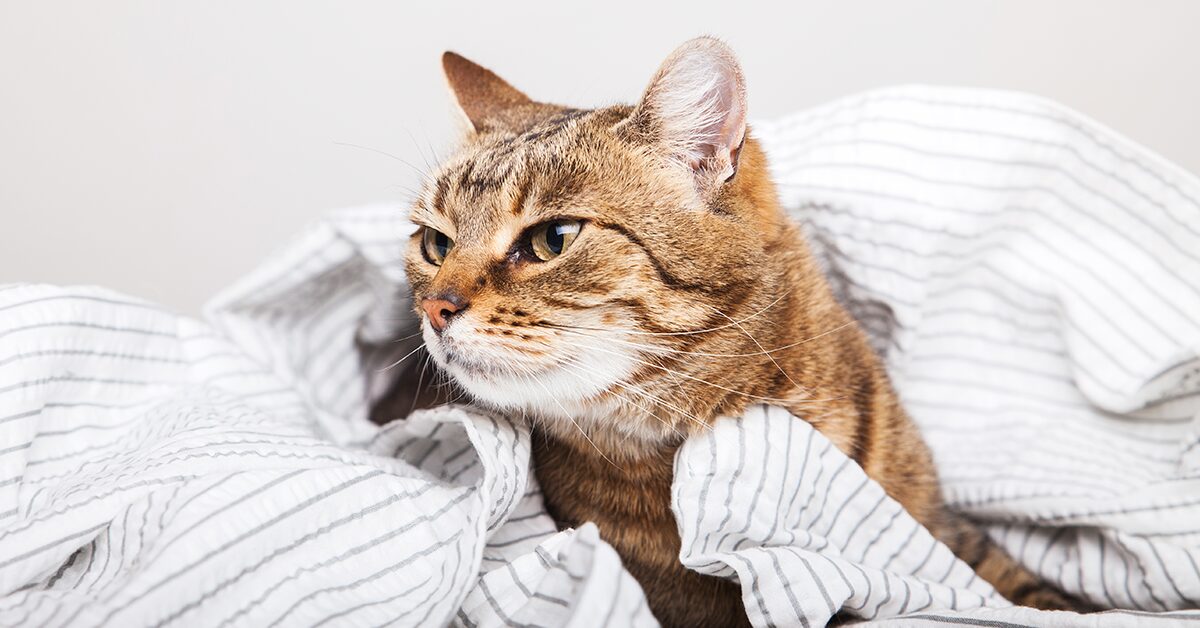
Respiratory problems are common in cats and should not be ignored when detecting early signs of illness. Coughing and wheezing can indicate issues such as asthma or respiratory infections, which require prompt veterinary attention. Nasal discharge and persistent sneezing may be signs of allergies or upper respiratory tract infections. These symptoms can affect a cat's overall health and quality of life if left untreated. It is important for cat owners to monitor their cats closely for any signs of respiratory distress and consult a veterinarian if any abnormal symptoms persist. Early detection and proper treatment can alleviate respiratory problems and ensure that your cat stays healthy and comfortable.
Coughing and wheezing in cats
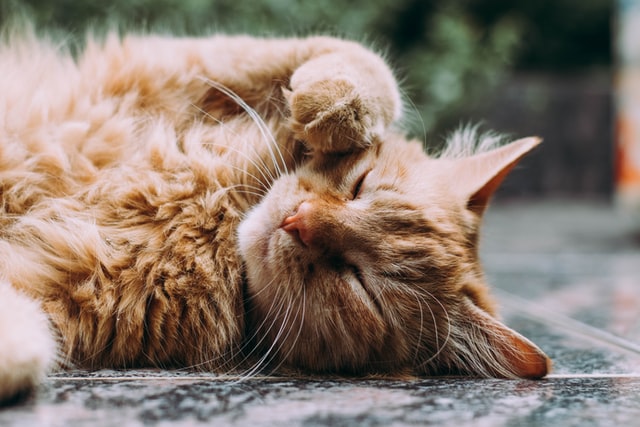
Coughing and wheezing are common respiratory problems in cats that should not be ignored. Coughing can be a sign of various issues such as asthma, respiratory infections, or even heart disease. Wheezing, on the other hand, is often associated with narrowed airways or inflammation in the lungs.
If your cat experiences persistent coughing or wheezing, it is crucial to consult a veterinarian for proper diagnosis and treatment. Ignoring these symptoms can lead to worsening respiratory distress and potential complications.
Immediate veterinary attention is necessary if the coughing or wheezing is severe, accompanied by difficulty breathing, or lasts for an extended period. Prompt intervention can alleviate the underlying cause and help your cat breathe easier, improving their overall health and quality of life.
Nasal discharge and sneezing
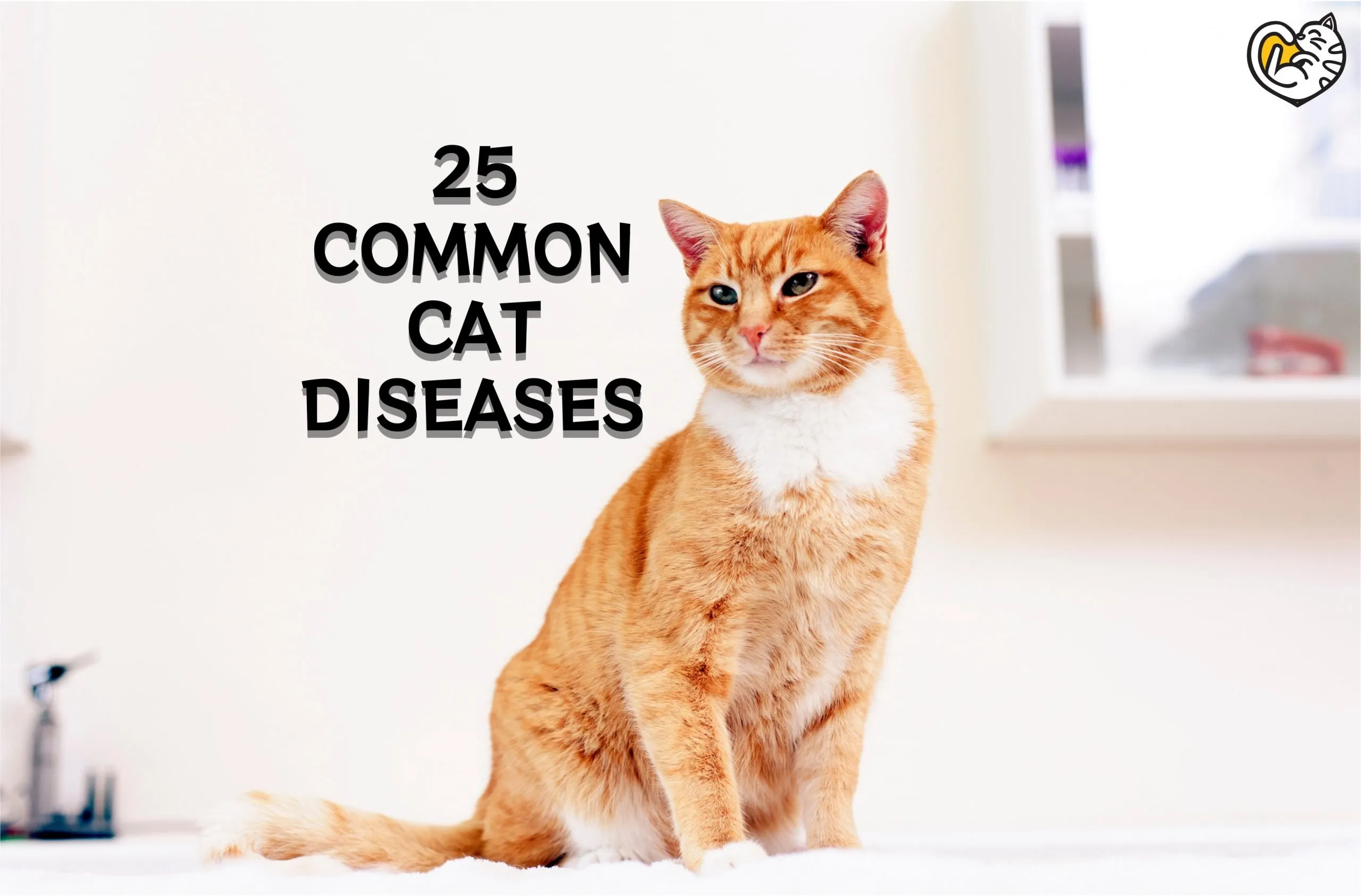
Nasal discharge and sneezing are common respiratory symptoms in cats that should not be ignored. If you notice your cat repeatedly sneezing or having a runny nose, it could be indicative of an underlying issue. Nasal discharge can vary in color and consistency, ranging from clear and watery to thick and colored. It can be caused by infections, allergies, foreign objects lodged in the nasal passages, or even nasal tumors. Additionally, persistent sneezing can sometimes be a sign of respiratory infections or sinusitis in cats. If your cat experiences these symptoms for an extended period or if they worsen over time, it is essential to consult a veterinarian for proper diagnosis and treatment. Early intervention can prevent complications and help your cat breathe easier.
Digestive Issues

Digestive issues are another common problem that cat owners should be aware of. Vomiting and diarrhea are often signs of an underlying digestive problem in cats. If your cat is frequently vomiting or has loose stools, it could indicate a gastrointestinal infection, food intolerance, or even a more serious condition like inflammatory bowel disease. Additionally, if you notice your cat experiencing a loss of appetite and weight loss along with digestive issues, it may be a cause for concern. These symptoms can signal various conditions such as dental problems, pancreatitis, or gastrointestinal tumors. It's important to monitor your cat's eating habits and bowel movements and seek veterinary attention if these digestive issues persist or worsen over time.
Vomiting and diarrhea in cats
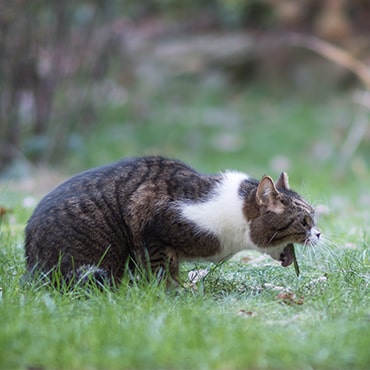
Vomiting and diarrhea are common digestive issues in cats that should not be ignored. If your cat is experiencing frequent episodes of vomiting or has loose stools, it could indicate an underlying problem. Gastrointestinal infections, food intolerances, and inflammatory bowel disease are some possible causes. If you notice additional symptoms such as a loss of appetite and weight loss, it may be a sign of more serious conditions like dental problems, pancreatitis, or gastrointestinal tumors.
It is essential to monitor your cat's eating habits and bowel movements. If vomiting and diarrhea persist or worsen over time, it is crucial to seek veterinary attention. Early detection and proper treatment can help prevent complications and ensure your cat's overall well-being.
Loss of appetite and weight loss
:strip_icc()/cat-is-not-eating-4579814-01-783f3000633e48e695a3d4f8a9bb33fa.jpg)
Loss of appetite and weight loss in cats can be concerning signs of an underlying health issue. If your cat shows a sudden disinterest in food or starts eating significantly less than usual, it could indicate a problem. Weight loss is often associated with conditions like kidney disease, hyperthyroidism, diabetes, or even cancer.
It's important to monitor your cat's eating habits and body weight. If you notice a significant drop in their weight or they continue to refuse food for more than 24 hours, it's crucial to seek veterinary attention. The vet can perform diagnostic tests to identify the underlying cause and recommend appropriate treatment options. Prompt action can help prevent serious complications and ensure your cat's well-being.
Urinary Tract Problems

Urinary tract problems in cats can be indicative of underlying health issues that require attention. If your cat is experiencing frequent urination or straining during urination, it may be a sign of a urinary tract infection or bladder stones. Additionally, the presence of blood in urine or accidents outside the litter box could indicate a more serious condition such as urinary tract obstruction. These symptoms should not be ignored as they can lead to significant discomfort and potentially life-threatening complications. Prompt veterinary intervention is crucial to diagnose and treat urinary tract problems effectively. Your veterinarian may recommend tests such as urinalysis or imaging to determine the cause and provide appropriate treatment options for your cat's well-being.
Frequent urination and straining

Frequent urination and straining in cats can be indicators of urinary tract problems that shouldn't be ignored. If you notice your cat constantly visiting the litter box or struggling to pass urine, it could be a sign of a urinary tract infection or bladder stones. These conditions can cause discomfort and even lead to more serious complications if left untreated. It's important to seek veterinary attention promptly for a thorough examination and appropriate treatment. Your veterinarian may recommend diagnostic tests such as urinalysis to determine the cause of the issue and prescribe medication or dietary changes as needed. Taking quick action can alleviate your cat's discomfort and ensure their urinary health.
Blood in urine and urinary accidents

Blood in urine and urinary accidents are serious signs that should not be ignored in cats. If you notice any blood in your cat's urine or if they are having accidents outside of their litter box, it could indicate a urinary tract infection, bladder stones, or even a more serious condition like feline lower urinary tract disease (FLUTD). Blood in the urine can be alarming and may also cause pain and discomfort for your cat. It is important to seek veterinary attention immediately for a thorough examination and appropriate treatment. Your veterinarian may recommend diagnostic tests such as urinalysis or imaging to determine the underlying cause of the blood and prescribe medication or dietary changes accordingly. Prompt intervention can alleviate your cat's discomfort and prevent further complications.
Behavioral Changes
:strip_icc()/portrait-of-tabby-cat-biting-and-scratching-owners-hand-556454041-57c48eb35f9b5855e5d9d6f0.jpg)
Behavioral changes in cats can be indicators of underlying health issues. Lethargy and increased sleeping could be signs of pain or illness. If your cat suddenly becomes aggressive, it may be trying to communicate distress or discomfort. Inappropriate elimination, such as urinating outside the litter box, could also point to urinary tract problems or stress-related issues. It's important not to dismiss these behavioral changes as normal cat behavior without considering a potential medical cause. If you notice any significant shifts in your cat's demeanor or habits, consulting with a veterinarian is crucial for proper diagnosis and treatment. They can help determine whether there are any underlying health concerns that need to be addressed.
Lethargy and increased sleeping
Lethargy and increased sleeping in cats can be potential indicators of an underlying health issue. If your cat is unusually lethargic or sleeping more than usual, it could be a sign of pain, illness, or discomfort. Lethargy refers to a lack of energy and motivation, where your cat may appear tired and sluggish. This behavior change may also be accompanied by decreased interest in activities and reduced appetite. In some cases, lethargy can be a symptom of serious conditions such as organ dysfunction or infection. Therefore, if you notice prolonged periods of lethargy or excessive sleepiness in your cat, it's essential to consult with a veterinarian for proper diagnosis and appropriate treatment.
Aggression and inappropriate elimination

Aggression and inappropriate elimination are behavioral changes that can indicate an underlying health issue in cats. If your cat becomes aggressive suddenly, displaying hostile behaviors such as biting or scratching, it may be a sign of pain, fear, or stress. Inappropriate elimination refers to urinating or defecating outside the litter box, which can also be indicative of a problem. This behavior change could be caused by urinary tract issues, gastrointestinal problems, or psychological distress. It is crucial to address these changes promptly as they can negatively impact your cat's well-being and the harmony of your household. Consulting with a veterinarian will help identify the cause and provide appropriate treatment or behavior modification strategies for your furry friend.
Conclusion
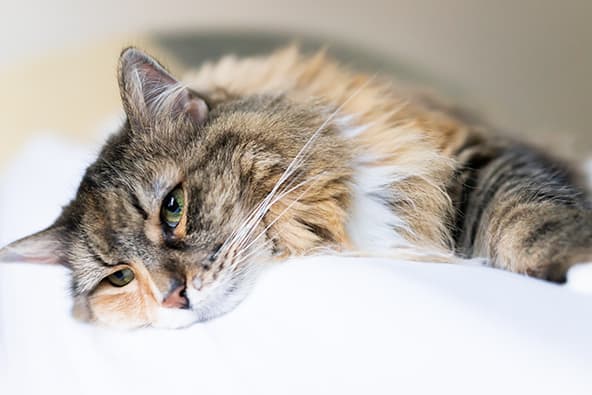
In conclusion, early detection of cat illnesses is crucial for ensuring the well-being and longevity of our feline friends. By paying close attention to the common signs and symptoms discussed in this article, such as respiratory problems, digestive issues, urinary tract problems, and behavioral changes, we can identify potential health concerns early on. Regular vet check-ups are vital for monitoring our cat's health and catching any underlying issues before they escalate. Additionally, maintaining a healthy diet, providing regular exercise and mental stimulation, and creating a stress-free environment can go a long way in preventing illnesses in cats. Remember, our cats rely on us to be their advocates for good health, so it is essential to prioritize their well-being by being vigilant and responsive to any changes or abnormalities in their behavior or physical condition.
The significance of regular vet check-ups
Regular vet check-ups are of utmost importance when it comes to maintaining your cat's overall health and detecting any potential illnesses early on. These routine appointments allow the veterinarian to thoroughly examine your cat, monitoring for any changes in their physical condition or behavior that may indicate an underlying health issue. Through regular check-ups, the vet can conduct preventive measures such as vaccinations, deworming, and flea control to ensure your cat's protection against common diseases. Additionally, these visits provide an opportunity to discuss any concerns or questions you may have regarding your cat's well-being. Regular vet check-ups play a crucial role in catching and addressing any health problems before they escalate, ultimately ensuring a longer and healthier life for your beloved feline companion.
Tips for maintaining your cat's health
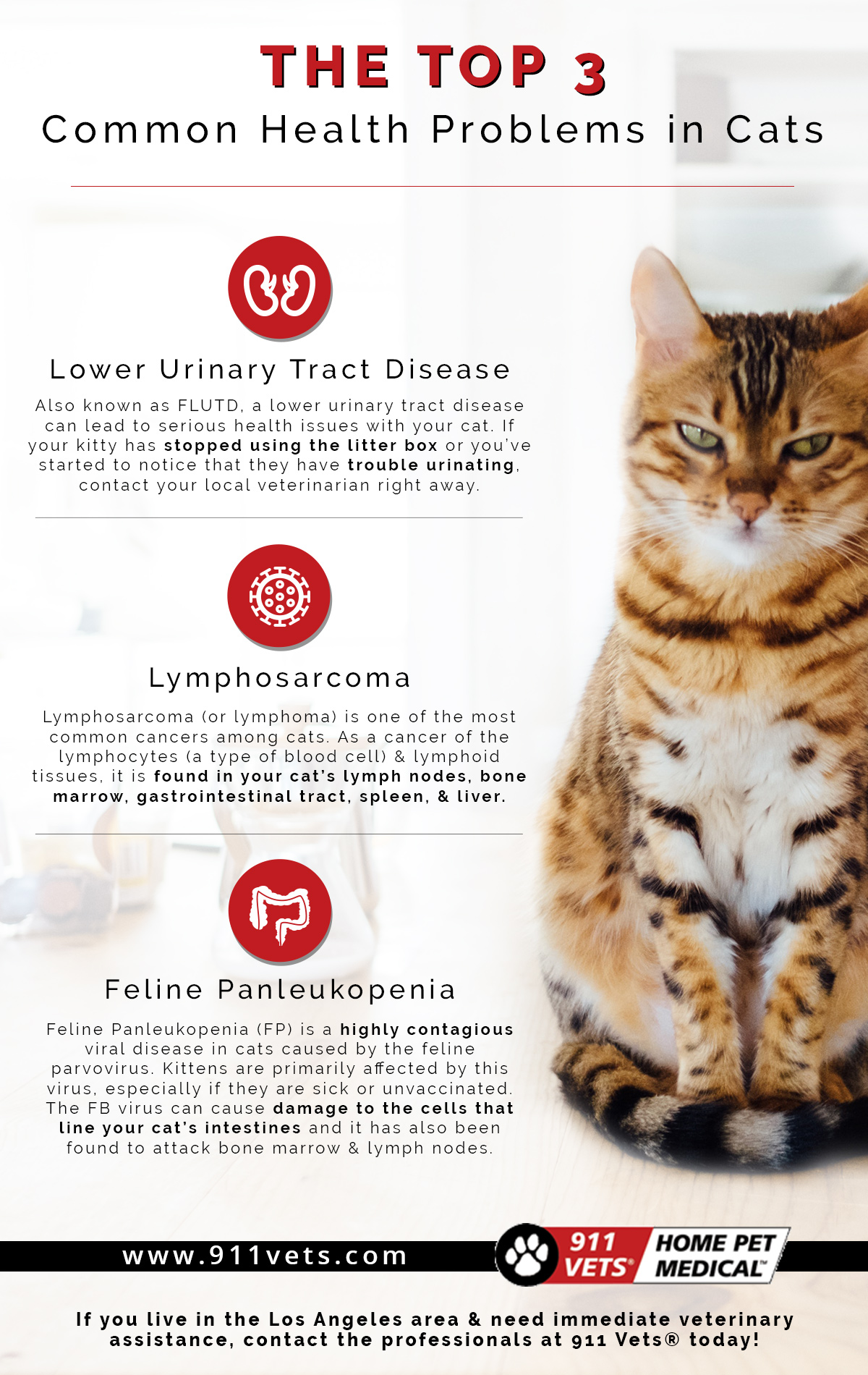
To ensure your cat's continued health and well-being, there are several important tips to keep in mind. Firstly, providing a balanced and nutritious diet specifically formulated for cats is essential. Make sure to offer fresh water at all times to keep your cat hydrated. Regular exercise is also important to prevent obesity and promote overall fitness. Additionally, maintaining proper grooming habits, including regular brushing and occasional baths, helps keep your cat's coat clean and free from matting. Providing a stimulating environment with plenty of toys and scratching posts can help prevent boredom and destructive behavior. Lastly, don't forget the importance of regular veterinary check-ups to catch any potential health issues early on. By following these tips, you can ensure that your feline friend enjoys a happy and healthy life.




0 Comments